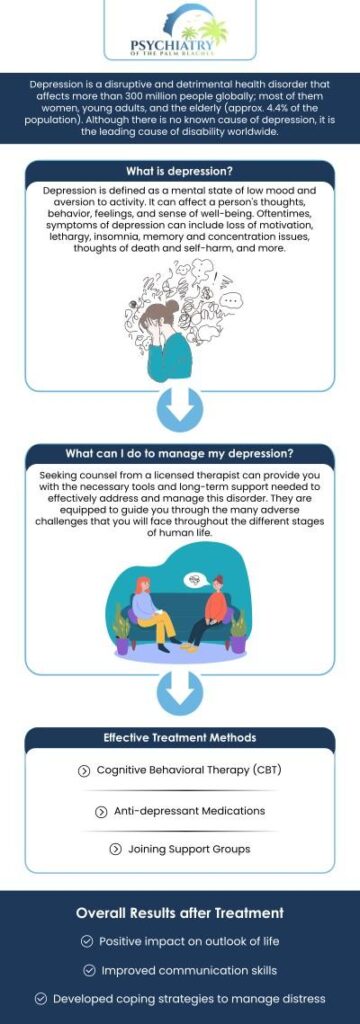Are you tired of holding yourself back? Psychology Today explores the intriguing world of self-sabotage, revealing why we sometimes undermine our own success-and how you can finally break free from this harmful cycle
Browsing: psychology
Going ‘no contact’ is often misunderstood as just another passing trend, but experts emphasize that it’s a deeply painful and intensely personal decision rooted in the essential need for self-preservation. Psychology Today reveals the emotional depth and complexity behind this challenging choice
Chris Tompkins, MA, is a licensed psychologist featured on Psychology Today. With deep expertise in cognitive-behavioral therapy, he offers powerful insights and proven strategies designed to help you overcome anxiety and take control of stress with confidence
A recent Psychology Today article uncovers the powerful impact of reconnecting with our past, revealing how memory and experience deeply shape the decisions we make and fuel our mental health and personal growth
New research explores the captivating idea that Artificial General Intelligence (AGI) could be deeply linked to living, autobiographical minds. Is true AGI possible only if it possesses self-awareness and a personal sense of experience? Experts weigh in with their perspectives
According to Psychology Today, making mindfulness a daily habit can ignite your creativity like never before. With regular practice, you sweep away mental clutter, sharpen your focus, and unleash a flood of fresh, exciting ideas. Embracing mindfulness might just be the secret to unlocking your true creative power
New research uncovers that while vaping sidesteps the dangers of tobacco smoke, it still carries its own set of risks. Experts warn that e-cigarettes pose serious threats to both respiratory and mental health
New insights from Aristotle reveal how social balance serves as a powerful shield against tyranny. Psychology Today explores how his timeless wisdom on justice and moderation remains crucial in navigating today’s complex political landscape
7 Power Moves for 2026,” featured in Psychology Today, reveals game-changing strategies to turbocharge your career and spark unstoppable personal growth. Dive into expert tips loaded with practical insights that will empower you to master the fast-evolving professional landscape with confidence
In 2026, amid a world of relentless challenges, people are yearning for new sparks of hope and resilience. Psychology Today explores inspiring personal stories that show how optimism can flourish even in the toughest moments
As the holiday season approaches, experts encourage you to reimagine your traditional celebrations. Embracing new holiday expectations can reduce stress and boost your well-being, creating space for richer, more meaningful moments with those you cherish
Ekaterina Ricci, MDR/MLS, featured in Psychology Today, offers expert insights that transform mental health and well-being. Her unique approach blends evidence-based therapy with personalized care to inspire lasting, meaningful change
Psychology Today dives into a powerful truth: family estrangement is far more than a fleeting trend. It’s a lasting, heart-wrenching battle rooted in deep emotional scars and complex relationships-reaching well beyond the surface of modern social shifts
Driven women often face isolation on their path to success, balancing fierce ambition with significant personal sacrifices. Experts highlight that cultivating strong support networks is essential to conquering the loneliness that frequently accompanies growth
Recent breakthroughs in neuroscience are transforming our understanding of the brain, opening up thrilling new avenues for mental health treatments and enhancing cognitive performance. These remarkable discoveries highlight the extraordinary potential of science, inspiring hope and gratitude for what lies ahead
In a refreshing twist on the never-ending self-improvement craze, experts are now questioning the relentless pursuit of becoming “better versions” of ourselves. Psychology Today explores how embracing our true, authentic selves could be the key to unlocking real fulfillment
Global DJs face relentless challenges on tour, pushing their limits night after night. Experts reveal the secrets behind their sharp focus, endless energy, and lasting well-being-powered by disciplined routines, balanced nutrition, and mindful practices. Uncover the essential strategies that keep them thriving through nonstop schedules
History unveils a rich tapestry of powerful methods to heal mental distress, spanning from ancient rituals to cutting-edge therapy. Psychology Today showcases how exploring these past approaches can spark fresh ideas for today’s mental health breakthroughs
Experts warn that our growing dependence on clinical labels could oversimplify the complex reality of mental health, potentially deepening stigma and leading to misdiagnoses. This limited perspective may hinder personalized care and block a deeper, more nuanced understanding, Psychology Today reveals
New research reveals the surprising and complex ways acetaminophen works, extending well beyond just relieving pain and reducing fever. These groundbreaking findings have the potential to revolutionize future treatments and reshape safety standards



















